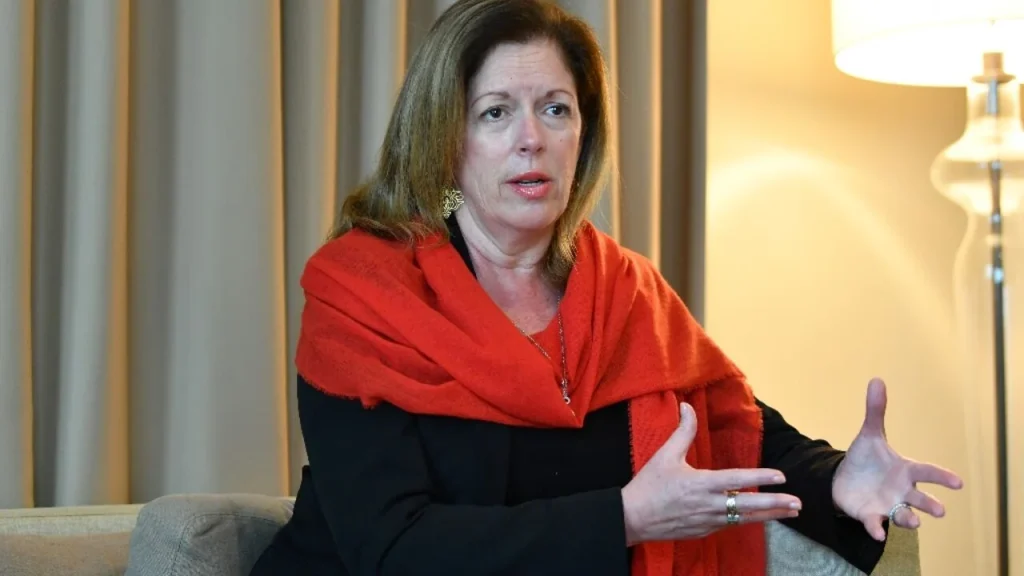The Libyan people want to end more than a decade of violence and elect a government, showing “zero appetite” for further conflict despite renewed political tensions, according to UN special adviser Stephanie Williams.
Speaking as concerns grow over the durability of a 17-month-old ceasefire, Williams told AFP that the return of rival governments and power struggles can still be “worked through.”
“Most Libyans really want to put an end to 11 years of chaos, division and war — and do so in a peaceful way by going to the ballot box,” she said.
Stalled Elections Fuel Political Crisis
Libya was scheduled to hold elections in December 2021 under a UN peace roadmap designed to end years of instability since the 2011 uprising that toppled and killed longtime leader Moamer Kadhafi.
However, disputes over legal frameworks and candidate eligibility led to the indefinite postponement of the vote — a major disappointment for the 2.8 million registered voters who had hoped for change after the October 2020 ceasefire.
Rival Governments Return
In early March, Libya’s eastern-based parliament appointed Fathi Bashagha, a former interior minister, as prime minister in defiance of the Tripoli-based interim government led by Abdulhamid Dbeibah.
The move revived the country’s division, with Bashagha backed by eastern military commander Khalifa Haftar. His supporters argue Dbeibah’s mandate expired after the missed December vote, but Dbeibah insists he will hand over power only to an elected government.
Public Frustration With Political Class
Williams, who has been mediating between Libya’s factions, said there is a “massive disconnect between the political class and the body politic.”
She noted that while politicians maneuver for power, ordinary Libyans overwhelmingly reject a return to war. “There is zero appetite to return to large-scale conflict in Libya,” she stressed.
Call for Constitutional Agreement
The UN envoy is urging both the eastern-based House of Representatives and the Tripoli-based upper house to agree on a constitutional framework for elections — a critical step in a country that has lacked a constitution since 1969.
“We’re at a crucial inflection point for them to come to the table with good intentions and in good faith to sort this out,” Williams said, adding that three million Libyans who collected voting cards are watching closely.
“Step number two is to sit and actually negotiate seriously and in good faith,” she continued. “That should be enough pressure.”






